Exact Answer: Approximately Two Decades
Vladimir Vladimirovich Putin is a Russian politician and former intelligence officer who is currently serving as the president of Russia since 2012. He had previously held the same post from 2000 until 2008.
As of 2021, Putin is the second longest-serving European president, after Alexander Lukashenko of Belarus. Putin has been leading the country of Russia since August 1999. He was also the prime minister from 1999 to 2000 and again from 2008 to 2012.
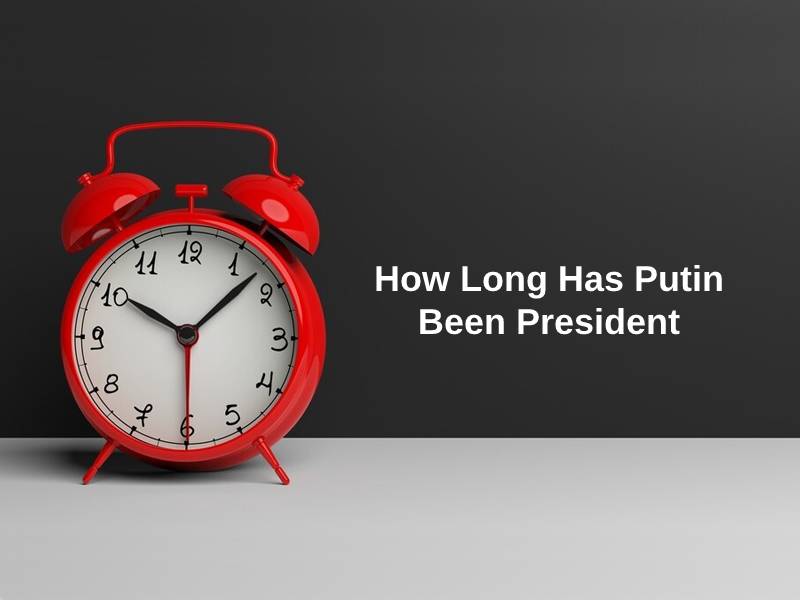
How Long Has Putin Been President?
| Posts Held | Tenure | Time Period |
| Prime Minister of Russia | 1999 – 2000 | 8 months, 29 days |
| President of Russia | 2000 – 2008 | 8 years, 128 days |
| Prime Minister of Russia | 2008 – 2012 | 4 years |
| President of Russia | 2012 – Present | Approx. 9 years |
Putin has had two stints as president of Russia. Putin’s term of office from 2000 to 2008 constituted his 1st and 2nd presidential terms which had a total length of 8 years and 128 days. His 3rd and 4th term from 2012 to present has completed approximately 9 years.

He was appointed as the prime minister of Russia on 9th August 1999 by the then-president Boris Yeltsin. Thus, it is safe to say that he has been in the office for a period spanning two years.
Putin has been Russia’s most powerful politician since he assumed the presidency in 2000, after the resignation of his predecessor, Boris Yeltsin. Some critics have likened Putin’s move to a power grab while others call it a “constitutional coup”.
Why Has Putin Been President For This Long?
In the Russian government, the prime minister and president are not equal and normally the land is led by the president of the country. The president is the head of the state and possesses the authority to appoint the prime minister.
Putin won his first presidential election in 2000, securing his second win in 2004, with more than 70 percent of the total votes. In 2008, he lost his treasured position because of constitutional limits which prevented him from serving more than two consecutive presidential terms.
Putin then became the prime minister of Russia after his ally, Dmitry Medvedev, was named as the Russian president. However, in 2021, he returned to his presidency, apparently winning the election with over 60 percent of the vote after a decision to extend the presidential term from four years to six years.
There had been large anti-Putin protests all over Russia before and after the election with critics alleging voter fraud. Several days after the former Russian spy, Sergei Skripal and his daughter Yulia were poisoned, in March 2018, Putin won a landslide re-election victory, allowing him the mandate to stay in office until 2024.

Officially, the new law limits Russian citizens to two presidential terms in their lifetime, outlawing the kind of shuffling between the presidency and the role of the prime minister that Putin employed earlier in his career. However, as the law doesn’t count terms served until the law is entered into force, Putin’s past four terms of presidency including the present term do not count and he can still serve two more.
Russians say he has “zeroed out’ his terms as the new law gives him the option of serving two more consecutive terms even after his current presidential term ending in 2024. Putin has signed a law that can allow him to run for the presidency twice more in his lifetime, potentially keeping him in office until 2036.
Putin’s current presidential term will expire in 2024.
Conclusion
Vladimir Putin was the president of Russia for consecutive two terms from 2000 to 2008. He then went on becoming the prime minister under the presidency of Dmitry Medvedev for about four years. In 2012, Putin was again elected as Russia’s president until 2018 as the term of the presidency in Russia was increased from 4 to 6 years. In 2018, he was elected for a new presidency term of 6 years until 2024.
Thus, it can be concluded that Putin is in charge of the office for so many years because of the widely popular support from the citizens of Russia. As long as the Russian people continue to support him, he can be in charge of the affairs of Russia as their president.

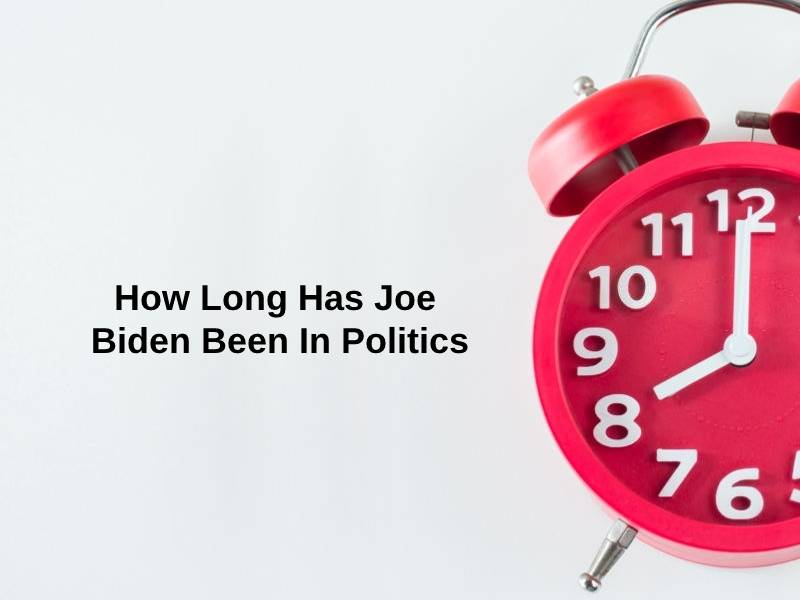
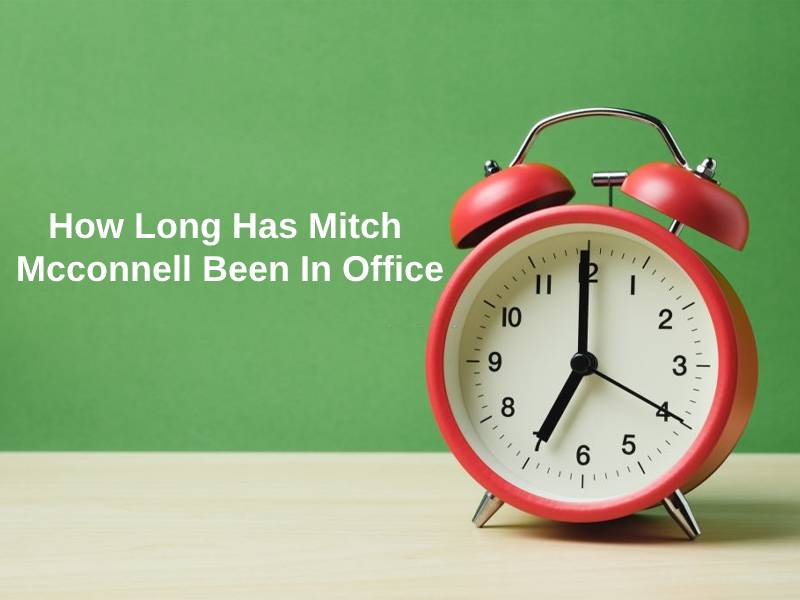
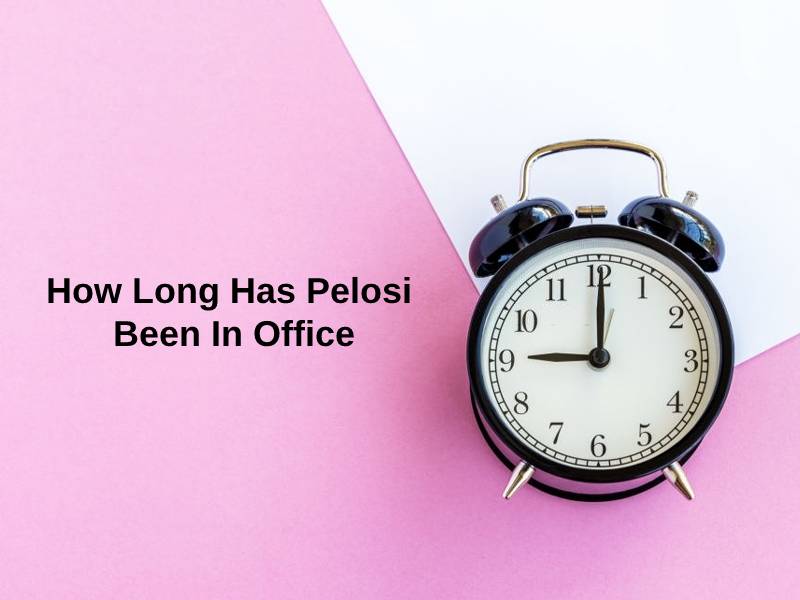

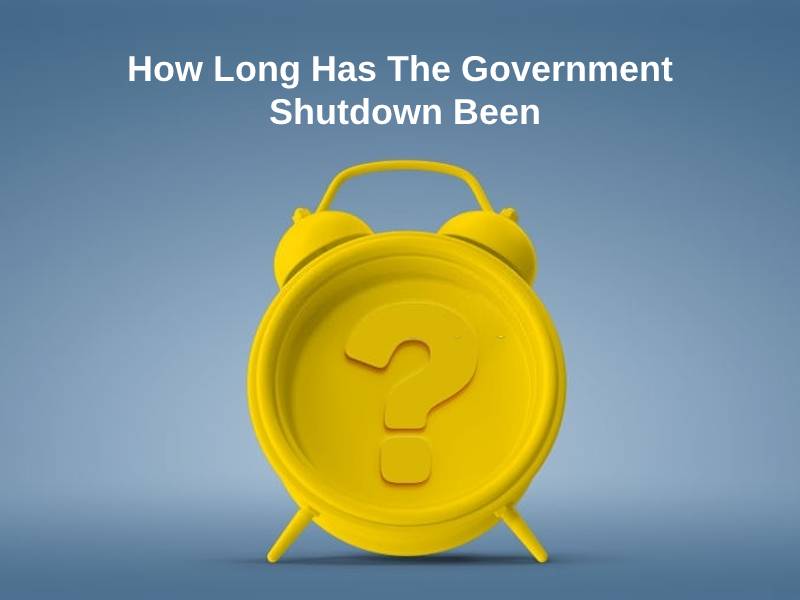
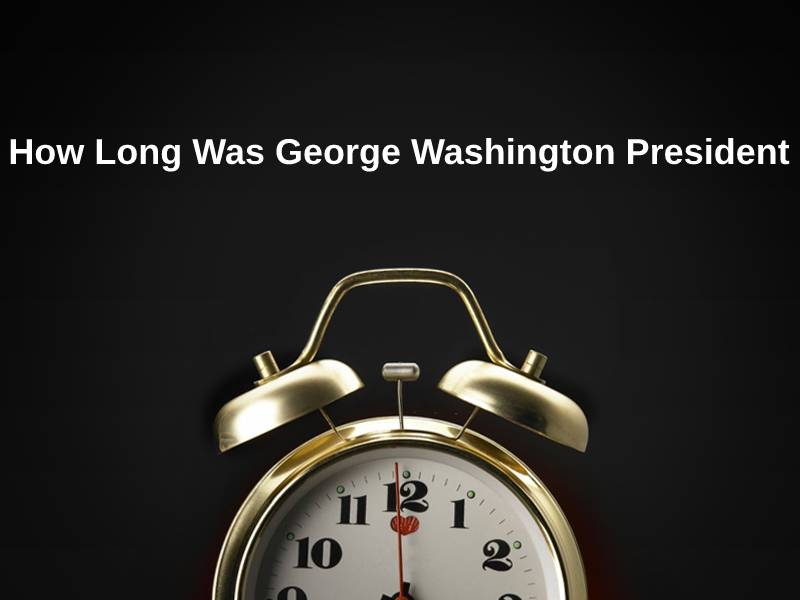
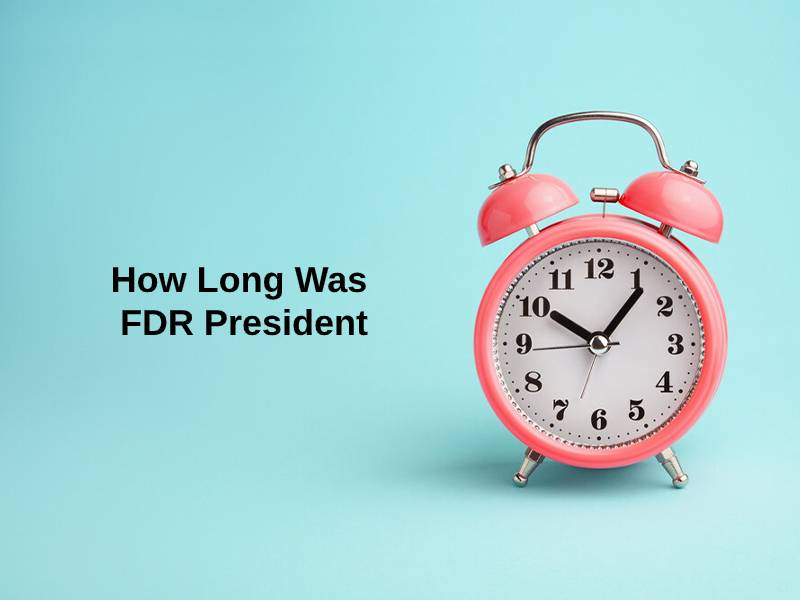


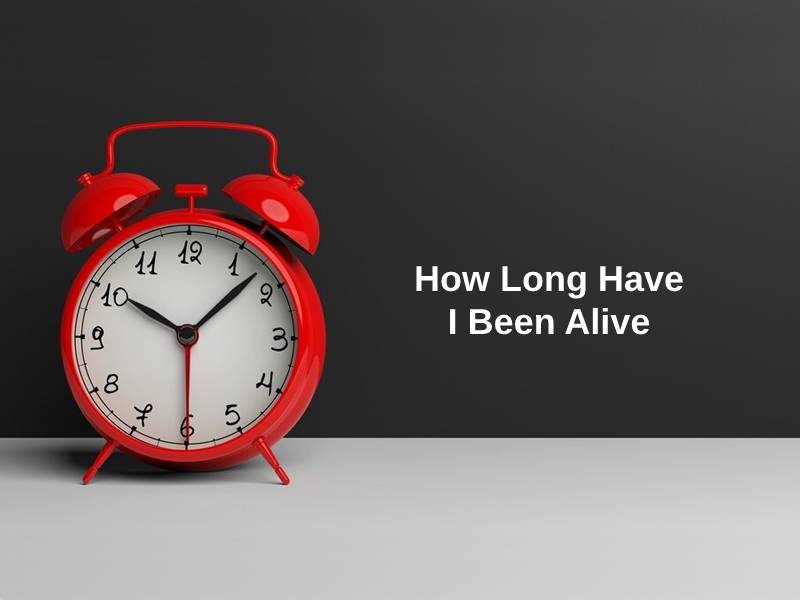

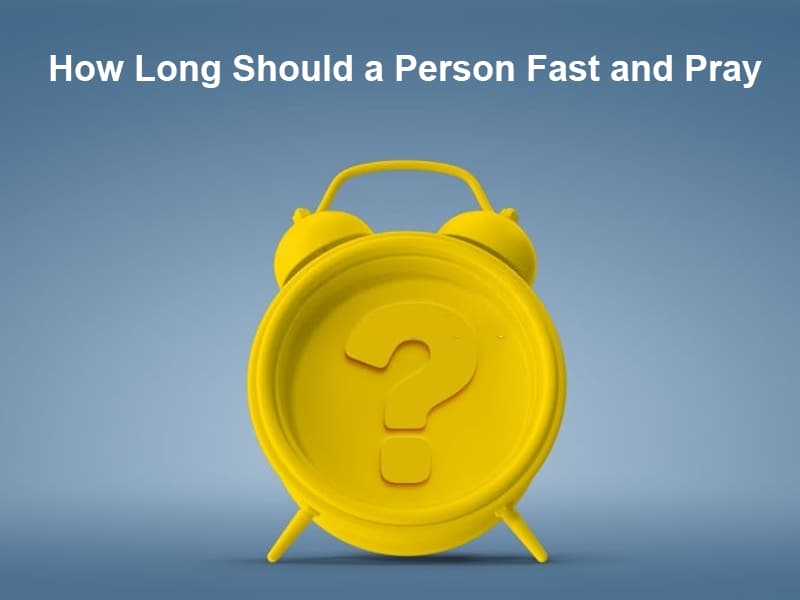
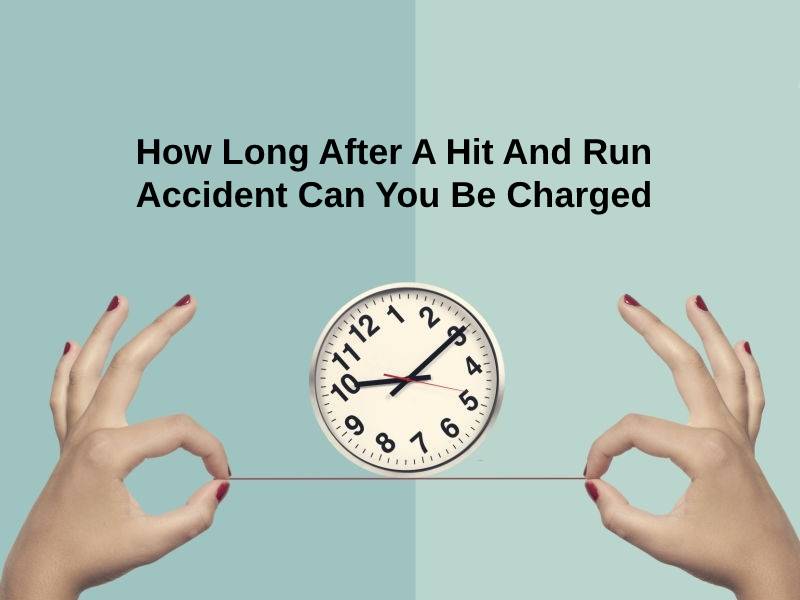
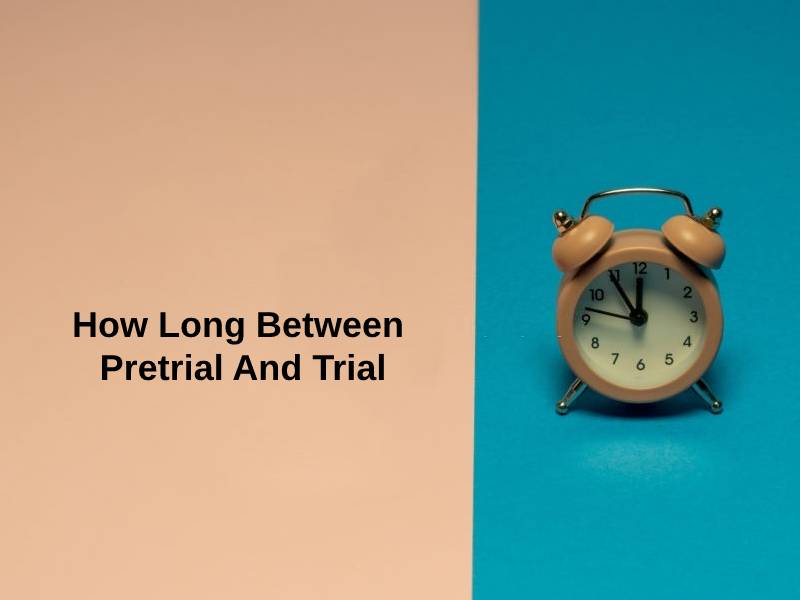
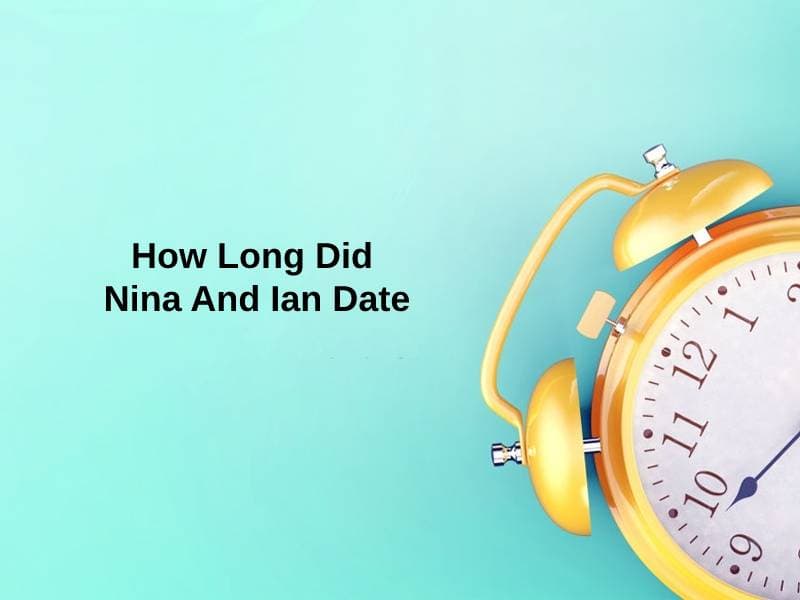
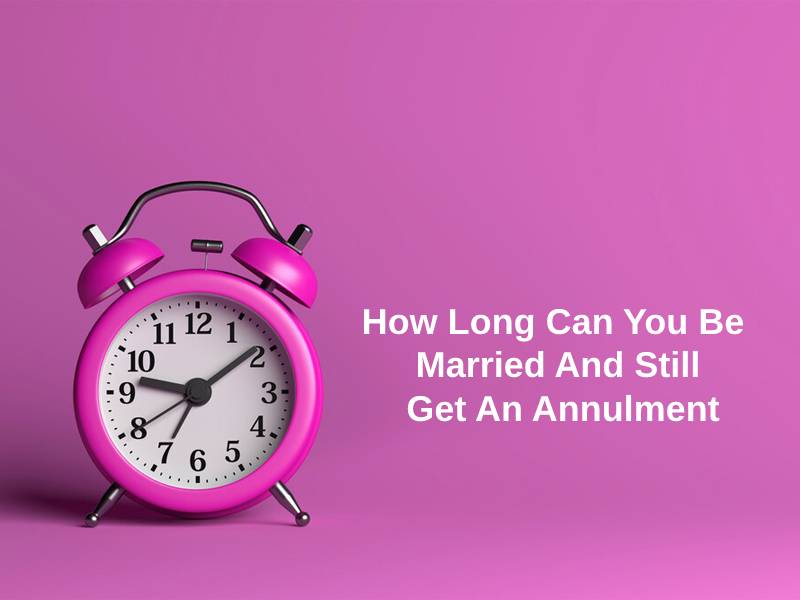
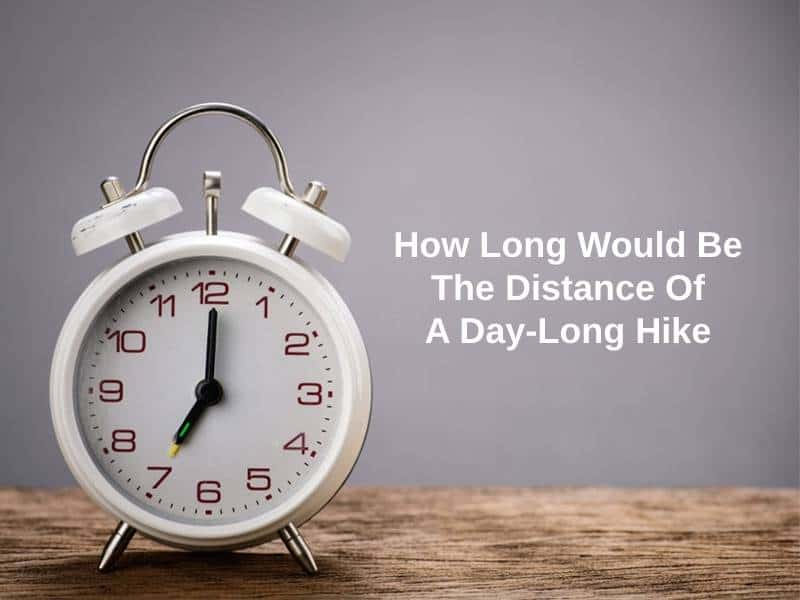
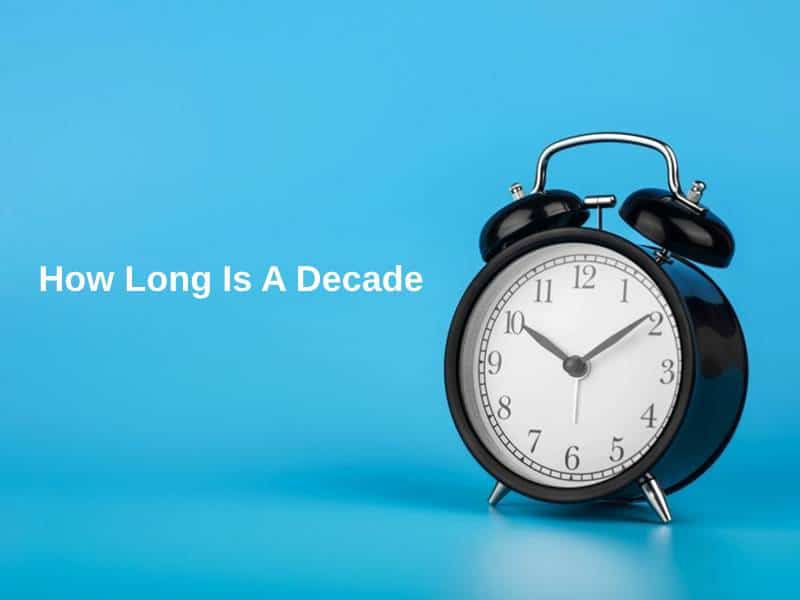
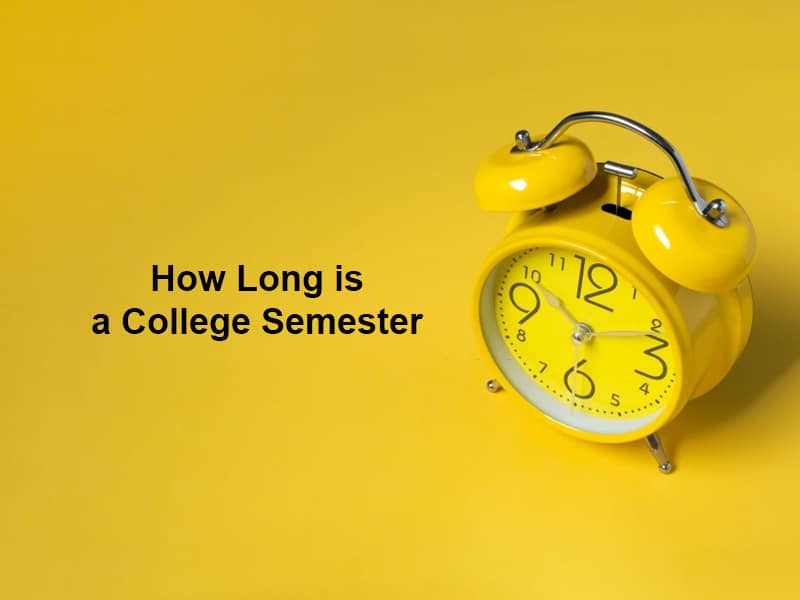
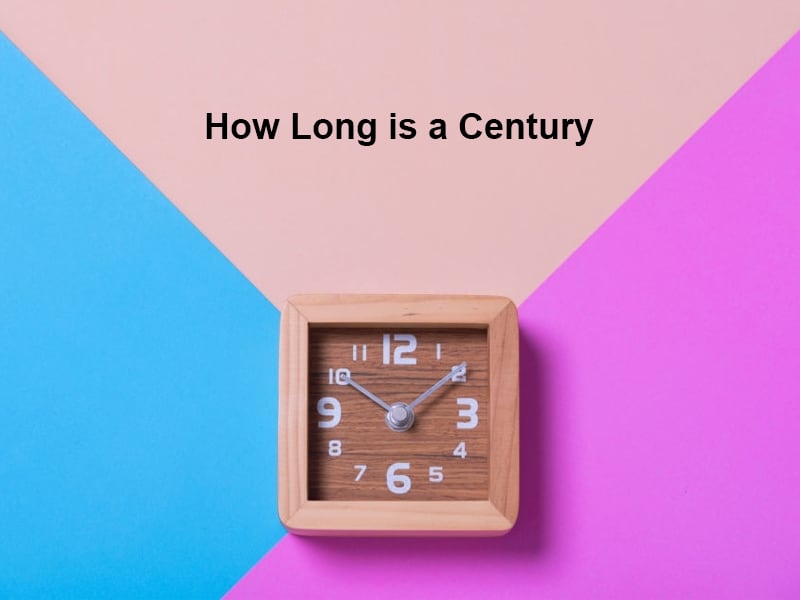
Putin’s political journey is indeed fascinating and thought-provoking.
This article provided a comprehensive overview of Vladimir Putin’s political career. His long reign as President of Russia is not only of interest to the Russian people, but to the entire world.
Great summary. It’s always interesting to see how political leaders consolidate their power.
Do you think some of the measures he has taken to maintain power are justified?
Despite criticism and allegations of voter fraud, Putin’s political success is undeniably remarkable.
Indeed, his resilience and strong public support have been remarkable.
It is quite fascinating how Putin has managed to navigate through various political challenges to maintain his leadership role.
The article sheds light on the complexities of a political regime and the dynamics of maintaining power.
This article provides a comprehensive analysis of Putin’s continuous presence in the Russian political landscape.
The power consolidation by Vladimir Putin reveals how political leaders can manipulate laws to extend their rule. However, his long presence in Russian politics speaks volumes about his leadership qualities.
It is quite impressive. Such a long reign is attributed to his strategic moves to stay in power.
It is certainly a matter of concern that the laws were manipulated to extend the presidential term. However, Putin’s leadership skills can’t be undermined.
This is quite informative. His control of the Russian government reveals both political acumen and public support.
Putin’s influence and power are undeniable, considering that he has maintained office for nearly two decades.
It’s intriguing to see how Putin continues to maintain popularity and support among the Russian people.
The article covers the intricate details of Putin’s political career, shedding light on both the positive and challenging aspects of his leadership.
A well-structured review of Putin’s tenure as the President of Russia, offering insights into the complexities of power and leadership.
The article provides well-documented information about the political career of Vladimir Putin.